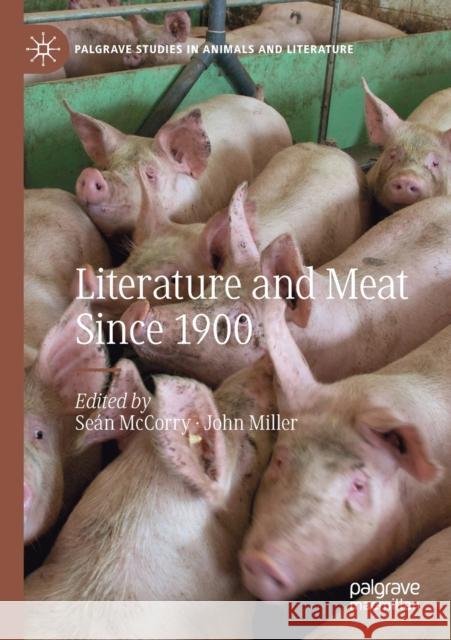Literature and Meat Since 1900 » książka
topmenu
Literature and Meat Since 1900
ISBN-13: 9783030269197 / Angielski / Miękka / 2020 / 257 str.
Literature and Meat Since 1900
ISBN-13: 9783030269197 / Angielski / Miękka / 2020 / 257 str.
cena 523,30
(netto: 498,38 VAT: 5%)
Najniższa cena z 30 dni: 501,19
(netto: 498,38 VAT: 5%)
Najniższa cena z 30 dni: 501,19
Termin realizacji zamówienia:
ok. 16-18 dni roboczych.
ok. 16-18 dni roboczych.
Darmowa dostawa!
Kategorie:
Kategorie BISAC:
Wydawca:
Palgrave MacMillan
Seria wydawnicza:
Język:
Angielski
ISBN-13:
9783030269197
Rok wydania:
2020
Wydanie:
2019
Numer serii:
000790131
Ilość stron:
257
Waga:
0.36 kg
Wymiary:
21.01 x 14.81 x 1.55
Oprawa:
Miękka
Wolumenów:
01
Dodatkowe informacje:
Wydanie ilustrowane











